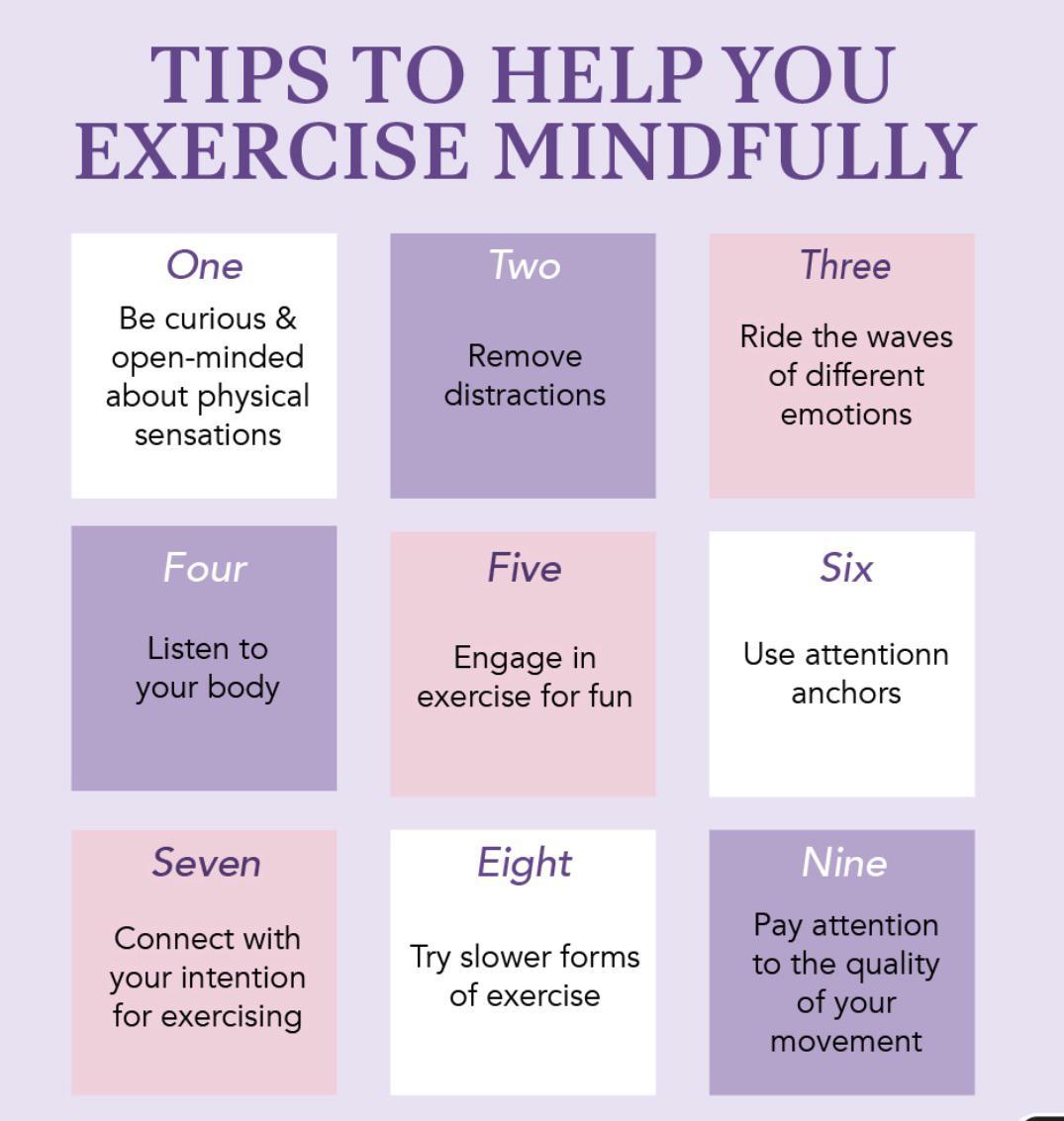In the frenetic pace of modern life, where the cacophony of notifications and endless to-do lists often drown out the whispers of inner peace, the quest for balance seems more elusive than ever. As individuals grapple with the demands of work, relationships, and personal aspirations, the ancient practice of meditation has emerged as a beacon of hope. But can this age-old discipline truly be the key to achieving life balance, or is it merely a temporary escape from the chaos? In this exploration, we delve into the world of meditation, examining its potential to harmonize the mind, body, and spirit, while weighing its merits and limitations in the pursuit of equilibrium. Join us as we uncover whether meditation holds the promise of balance in a world teetering on the edge.
Discovering Inner Peace Through Mindful Practice
In today’s fast-paced world, the search for tranquility often leads us to the ancient practice of mindfulness. Meditation, a core component of mindful living, invites us to explore the vast landscapes of our inner selves, offering a refuge from the chaos of daily life. By dedicating a few moments each day to stillness, individuals report experiencing a profound sense of calm and clarity. This practice isn’t just about sitting in silence; it’s about cultivating awareness and being present in the moment.
- Reduces Stress: By focusing on the breath, meditation helps in releasing tension and promotes relaxation.
- Enhances Emotional Health: Regular practice can lead to improved mood and a greater sense of overall well-being.
- Improves Focus: Mindfulness enhances concentration and attention, making everyday tasks more manageable.
- Encourages Self-Awareness: It fosters a deeper understanding of oneself, leading to more thoughtful responses rather than impulsive reactions.
Integrating meditation into your daily routine can be as simple as setting aside a few minutes in the morning or evening. Whether you’re a beginner or seasoned practitioner, the journey toward inner peace is personal and unique. The transformative power of meditation lies in its ability to ground us, reminding us that balance is not just a state of being, but a continuous journey.

The Science Behind Meditations Impact on Stress Reduction
At the core of meditation’s transformative effects on stress lies its ability to reshape the brain’s response to tension. Scientific studies reveal that regular meditation practice can lead to structural changes in the brain, particularly in areas responsible for emotional regulation, attention, and the perception of bodily sensations. The amygdala, known for its role in processing stress and anxiety, shows decreased activity during meditation, which can result in reduced stress levels. Furthermore, meditation enhances the prefrontal cortex, the brain region associated with higher-order brain functions such as awareness, concentration, and decision-making. This enhancement helps in cultivating a more balanced emotional state, enabling individuals to respond to stressors with greater calm and clarity.
Research also highlights the physiological benefits of meditation, which can contribute to stress reduction. These benefits include:
- Lowered blood pressure
- Decreased levels of cortisol, the body’s primary stress hormone
- Improved immune function, providing a buffer against stress-related illnesses
- Enhanced breathing patterns, leading to better oxygenation and relaxation
Such findings suggest that meditation not only alters the mind’s perception of stress but also induces a state of physical relaxation, creating a comprehensive approach to achieving a balanced life.
Integrating Meditation into Daily Routines for Optimal Balance
Incorporating meditation into daily life doesn’t have to be an arduous task. In fact, it can seamlessly blend into your existing routine with just a few mindful adjustments. Consider starting your day with a brief meditation session, even if it’s just for five minutes. This practice can help set a calm and focused tone for the day ahead. If mornings are too hectic, you might find that a midday meditation break is the perfect opportunity to reset your mind, providing a much-needed pause in the chaos of daily tasks.
- Begin with guided meditations available through apps or online resources.
- Incorporate mindfulness into daily activities like eating, walking, or even waiting in line.
- Create a dedicated meditation space in your home, no matter how small, to foster a sense of tranquility.
- Pair meditation with existing habits, such as a morning coffee or evening wind-down routine, to build consistency.
By weaving meditation into the fabric of everyday life, it transforms from a standalone activity to an integral part of maintaining balance and well-being. Embrace the flexibility that meditation offers, allowing it to adapt to your unique lifestyle and commitments. Over time, these small, consistent practices can cultivate a profound sense of equilibrium and clarity.

Practical Tips for Cultivating a Consistent Meditation Habit
Developing a steady meditation routine can seem daunting, but integrating this practice into your daily life is more attainable than you might think. Here are some practical tips to help you nurture a consistent habit:
- Start Small: Begin with just a few minutes a day. As you grow more comfortable, gradually increase your meditation time.
- Set a Schedule: Choose a specific time each day to meditate. Consistency is key, so whether it’s morning or evening, make it a non-negotiable part of your routine.
- Create a Dedicated Space: Designate a quiet, clutter-free area in your home for meditation. This helps signal your brain that it’s time to relax and focus.
- Use Guided Meditations: Especially for beginners, guided sessions can provide structure and help keep your mind from wandering.
- Track Your Progress: Consider using a journal or an app to log your sessions. Seeing your commitment grow over time can be incredibly motivating.
By incorporating these strategies, you’ll find that meditation can become as integral to your day as brushing your teeth or having your morning coffee. Over time, the benefits of this consistent practice will start to manifest, leading to a more balanced and centered life.
Insights and Conclusions
As we close this exploration of meditation and its potential role in achieving life balance, we find ourselves at a crossroads of ancient wisdom and modern living. Meditation, with its roots deep in history, offers us a lens through which we can view our lives with clarity and calm. Whether it is the key to life balance remains a personal journey, one that invites reflection and experimentation.
In the symphony of life, meditation may be the pause between notes, allowing us to appreciate the melody with renewed appreciation. It beckons us to sit in stillness amidst the chaos, to find our center and navigate the complexities of our daily existence with grace. Perhaps, in the silence, we can hear the whispers of our true selves, guiding us toward a harmonious balance.
As you step away from this article, consider how meditation might fit into your own life. Is it a fleeting curiosity, a daily ritual, or something yet to be discovered? The path is yours to define, and in that journey, you may just find the balance you seek.
